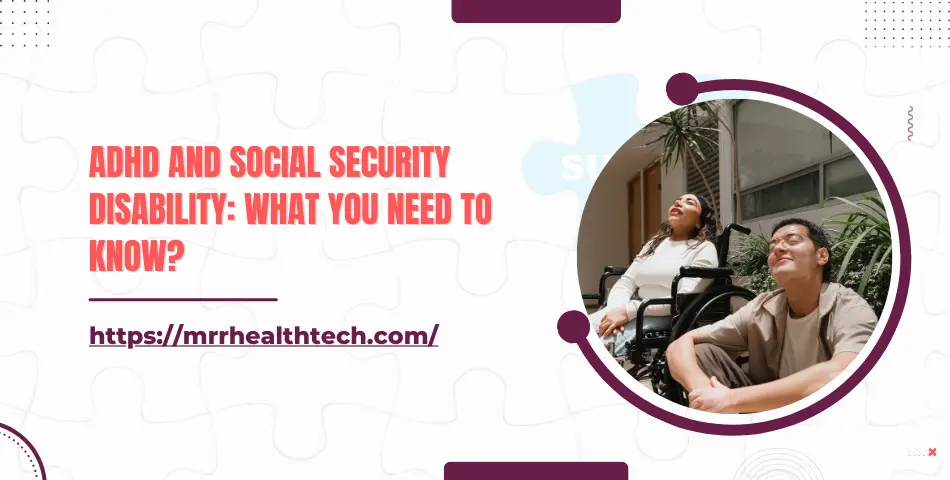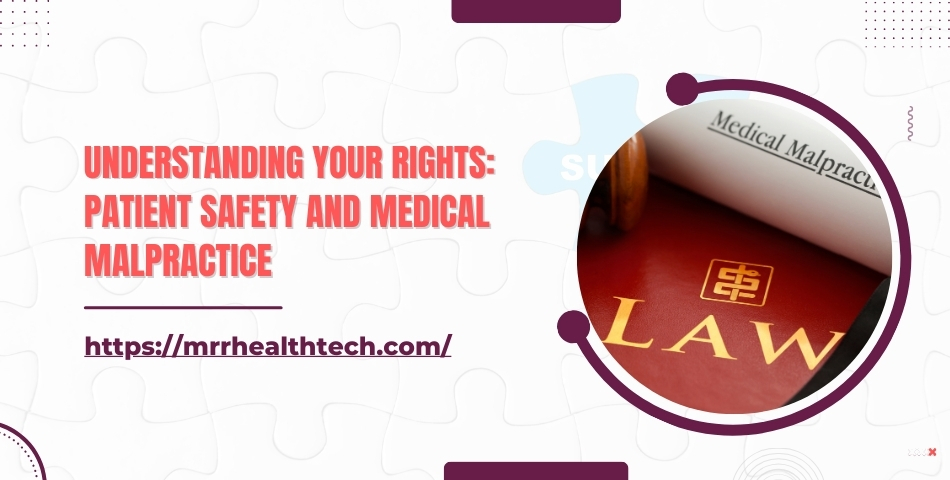
ADHD stands for Attention-deficit/hyperactivity disorder which is the most suffered chronic mental condition by millions of people, marked by symptoms like sustained attention, hyperactivity, and impulsiveness. ADHD tends to have noticed prevalence which approximately afflicts 4 percent of adult populations even though a good proportion have never been diagnosed.
Common Symptoms and Their Impact
- Inattention: Difficulty with concentrating and maintaining focus on tasks and activities that need more mental exertion.
- Hyperactivity: The tendency to be overly mobile and fidgety for no apparent reason.
- Impulsivity: The tendency of actions without preceding thoughts.
These symptoms will interfere significantly with the individual’s day-to-day living and even their occupational activities.
Differences in Manifestation
- Children: Presenting symptoms of hyperactivity and impulsiveness, overactive and do not stop until they are asked to.
- Adults: A noticeable problem that affects most adults is the problem of inattention. Adults often appear more organized than children but are equally disorganized.
Recognizing patterns of performance enables one to navigate new situations and manage challenges optimally according to their differences.
Qualifying for Social Security Disability Benefits with ADHD
There are several pertinent points in the assessment of the Social Security Administration (SSA)∕ government to award individuals disability benefits for a relevant disorder such as ADHD. SSA has set certain standards according to which disabilities like ADHD are defined by them as qualified for benefit status. What is ADHD? It is classified as a neurodevelopment disorder under the SSA Blue Book.
To qualify for Social Security disability benefits, individuals must meet key requirements:
- Trying to prove that there are para-clinical signs that explain the phenomena in that there is an avoidance of engaging in significant gainful activities (SGA).
- It is vital for patients to bring in adequate evidence mostly complete medical records that would enable the advisory to promptly evaluate the extent of the patient’s ADHD.
Disability advocates who specialize in social security can aid in meeting these requirements, as well as in compiling and presenting the necessary evidence most persuasively. This is important support because the SSA checks claims with detailed medical chart reviews and case summaries.
The Application Process: Applying for SSDI and SSI Benefits with ADHD
Concerning ADHD, there is a specific established protocol that must be followed while applying for SSDI or SSI benefits. Here is a systematic outline that will assist you on the way:
- Initial Application: Start with the SSA application forms online or at any nearest office.
- Gather Medical Evidence: Prepare extensive medical documentation to include assessment, treatment, and management of the patients by different medical practitioners.
- Submit Documentation: Make sure that all documents, income proofs, medical papers, etc., are filed accurately.
- SSA Evaluation: Your application will be reviewed by the SSA aimed at the determination of qualifications based on the evidence provided.
- Await Decision: Wait for the SSA, as they will notify you about the decision made. This may sometimes take many months.
Common hurdles include the level of detail needed in the assessment of medical records—one of the most important requirements to support claims. Not enough records, it seems, is a common reason for denial and demonstrates the need for comprehensive evidence.
The Role of Medical Records Review in Establishing a Disabling Condition
The medical records are vital in showing that ADHD is a disabling condition that qualifies for Social Security Disability benefits. A comprehensive medical record review can assist in presenting detailed information concerning the claimant’s medical history, ensuring that necessary details are presented correctly.
Healthcare Professionals Involved
- Doctors: Family physicians and psychiatrists who offer the primary diagnosis and further treatment.
- Specialists: Neurologists and psychologists who give more in-depth studies and articulate the details of ADHD.
In addition, these experts provide useful information by contacting medical record providers and summarizing case histories and deposition materials in preparation for trial which improves the contact sheets employed during the assessment process.
Legal Assistance and Advocacy: Navigating the Complex Process with Experienced Disability Attorneys
The services of professional disability lawyers can be of great assistance to persons seeking Social Security disability benefits for ADHD. Such professionals know how to present the claims related to ADHD, and how to be effective in what they do. They involve tactics such as:
- Gathering additional evidence: Working alongside doctors and other health professionals to obtain full medical records.
- Accurate application completion: Making sure that all the forms are filled in the right way and are in line with the SSA requirements.
- Navigating appeals: When a claim is denied, lawyers can make the appeal stronger by analyzing deposition summaries, a sequence of the trial, and retrieving medical records.
Communicating with legal providers guarantees that ADHD is articulated as a disabling condition making it easier to go through the SSA’s processes.
Additional Support Resources for Individuals with ADHD Seeking Disability Benefits
Working with the different specialists’ areas focused on the treatment of ADHD can greatly strengthen your appeal. Psychologists or psychiatrists also come in handy as mental health specialists as they can carry out relevant evaluations and reports of limits of functioning with ADHD.
A joint effort with educationalists is also necessary for children. Affective testimony from teachers and school psychologists can be made as to the effects of ADHD’s impact on the child’s academic activities and behaviors. The other essential area is how the child’s reintegration into the educational setting affects the child’s physical and mental activity abilities.
FAQs (Frequently Asked Questions)
Can ADHD qualify for Social Security Disability benefits?
Yes, an individual with ADHD is likely to be found Social Security Disability approved with the disorder due to persistent illness which is likely to restrict them from normal day-to-day activities. In this assessment, it is noted whether the claimant fulfills the SSA terminology and can substantiate his/her claim based on debilitating limitations owing to ADHD.
What are the key requirements to qualify for disability benefits with ADHD?
To claim financial assistance benefits for an ADHD sufferer, the claimants’ medical reports must be extensive and supportive of their adulthood illness and must comply with SSA’s descriptives of neuro-developmental disorders. These include clinically proven limitations regarding the ability to engage in substantial gainful activities and or any decision regarding impairment that may be medically proven.
What is the application process for SSDI and SSI benefits with ADHD?
Obtaining SSDI and SSI benefits includes the application process that is lengthy and consists of the following key steps: collection of the relevant medical history, submission of specific paperwork, and several sessions aimed at evaluation by the SSA. Other issues to deal with include ensuring that there are adequate medical records available to show the extent of how much ADHD interferes with the defendant.













